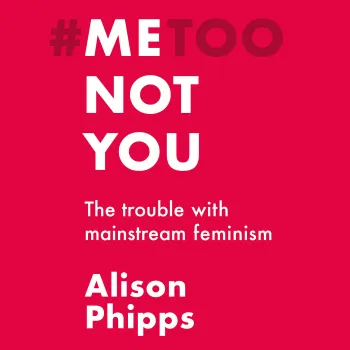The Me Too movement, started by Black feminist Tarana Burke in 2006, went viral as a hashtag eleven years later after a tweet by white actor Alyssa Milano. Mainstream movements like #MeToo have often built on and co-opted the work of women of colour, while refusing to learn from them or centre their concerns. Far too often, the message is not 'Me, Too' but 'Me, Not You'. Alison Phipps argues that this is not just a lack of solidarity. Privileged white women also sacrifice more marginalised people to achieve their aims, or even define them as enemies when they get in the way. Me, not you argues that the mainstream movement against sexual violence expresses a political whiteness that both reflects its demographics and limits its revolutionary potential. Privileged white women use their traumatic experiences to create media outrage, while relying on state power and bureaucracy to purge 'bad men' from elite institutions with little concern for where they might appear next. In their attacks on sex workers and trans people, the more reactionary branches of this feminist movement play into the hands of the resurgent far-right.
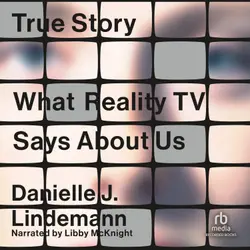
True Story : What Reality TV Says About Us
Danielle J. Lindemann
audiobook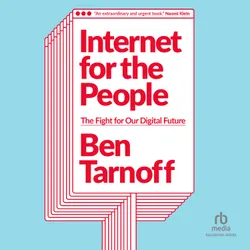
Internet for the People : The Fight for Our Digital Future
Ben Tarnoff
audiobook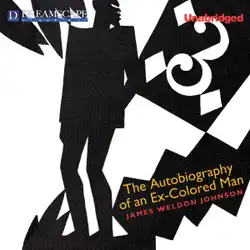
The Autobiography of an Ex-Colored Man
James Weldon Johnson
audiobookbook
The Souls of Black Folk
W. E. B. Du Bois
book
Migration and Refugee Policies in Germany : New European Limits of Control?
Andreas Ette
book
The Serviceberry
Robin Wall Kimmerer
audiobook
A Century of Negro Migration
Carter Woodson
book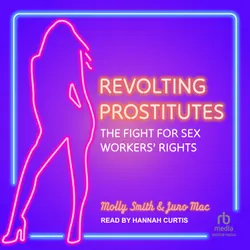
Revolting Prostitutes : The Fight for Sex Workers' Rights
Molly Smith, Juno Mac
audiobook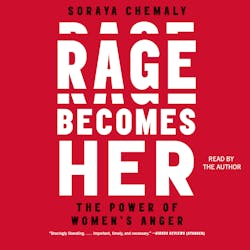
Rage Becomes Her: The Power of Women's Anger
Soraya Chemaly
audiobookbook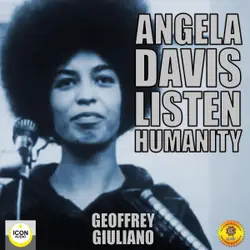
Angela Davis; Listen Humanity
Geoffrey Giuliano
audiobook
Pleasure of Thinking
Wang Xiaobo
audiobook
More, Please : On Food, Fat, Bingeing, Longing, and the Lust for ""Enough""
Emma Specter
audiobook
